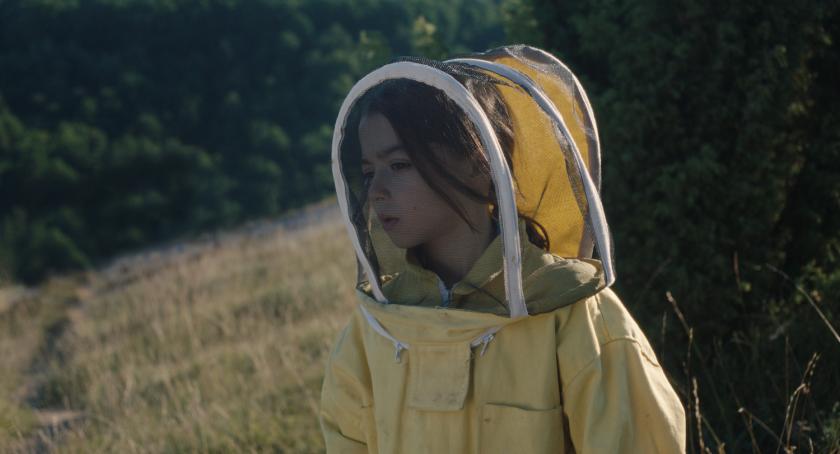Are we all getting older, or are film award-winners getting younger? Sofía Otero won the Silver Bear for best lead performance at the Berlin Film Festival this year at the age of just nine. To achieve that, it surely needs to be one of the best moppet turns of all time – and I think it quite possibly is.
She plays an eight-year-old boy who doesn’t answer to the name of Aitor even when he’s gone missing and dozens of searchers are yelling it out. This is because Aitor, amid an extended family in the Basque country, wants to go by the name of Cocó – no, make that Lucía, she later decides.
She’s at the heart of this luminous debut feature by Estibaliz Urresola Solaguren, who somehow wins all the criss-crossed arguments about trans people all at once through sheer deftness of touch in practically every department.
The browbeaten Ane (Patricia López Arnaiz) takes her three kids on a trip to the rural spot where she grew up to mark a family baptism. Aside from being a broke sculptor, Ane has to cope with the legacy of her late dad – a more celebrated sculptor whose work involved photographing naked girls (and whose work often ends up being chucked in the river by locals). There’s distance between Ane and her flinty mum (Itziar Lazkano) because of this, while Lucía and her gender aspirations are soon creating rather more.
Amid the usual foolery and wonder among the kids, it’s only slowly that people start reacting to the enigma that is Lucía, and Lucía becomes even more sad and troubled. Her contemporaries are down with her being a girl, as is Great Aunt Lourdes (Ane Gabarain), a custodian of all things bee who brings out our apian motifs and metaphors, and provides Lucía with peace and strength amid hives and beeswax and bee-therapies.
Ane is ostensibly tolerant of her daughter’s choices, taking her to the girls’ changing area at the swimming pool, but it’s in a fractured, ultimately non-supportive way, too troubled about her own and her father’s art stuff. It’s adults’ crises of identity in their broken lives that project into the crises of young transgender people, the film seems to say, as much as outright prejudice – though we see enough of that in bust-up scenes between feisty mother and passive-aggressive grandmother as Ane argues on behalf of her daughter’s “special sensitivity”. But Lucía probably doesn’t want to be seen as special or burdened with sensitivity, something only Great Aunt Lourdes seems to get.
Her face a mini-opera of hope, confusion and defiance, Otero’s performance certainly gets the measure of being a kid – the fidgety concentration, the “why me?”, the quick-fire obsessions and distractions, quite apart from her character’s struggles over gender. The lilting close-up cinematography (from Gina Ferrer García) and the director’s bold lack of a score create a supple film where a point of view emerges from observation rather than homily. Talk, look and gesture share storytelling duties, and the (mostly Spanish) dialogue seems secreted rather than made. (Lucía’s explanation for not wanting to go swimming is: “I’m afraid of my toes.”)
If the world of bees stood for Spain’s social regimentation in Victor Erice’s The Spirit of the Beehive (1973), 20,000 Species of Bees seems to stress the little critters’ healing nature, versatility and lack of sex hang-ups. Then there’s the advice, in one exquisite scene between child and beekeeper, for what to do if you run into a buzzing posse of them: just spread a little love and let them be.















Add comment